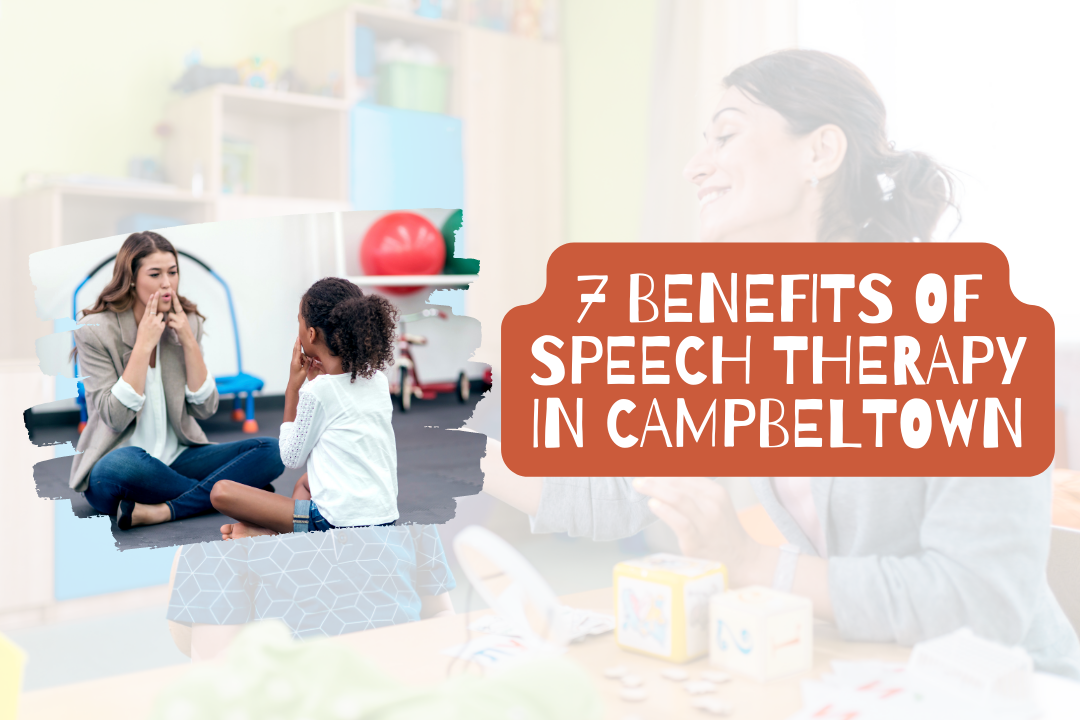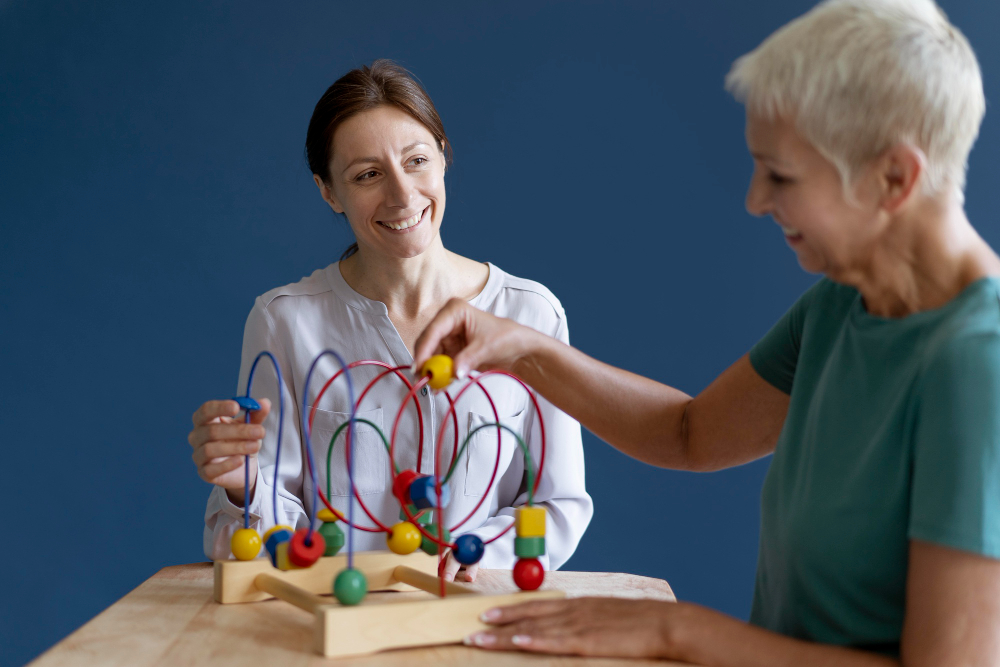Speech therapy is often thought of as a way to teach children with speech disorders how to say their speech sounds. However, it goes beyond just teaching speech to children.
Speech therapy is provided by a speech-language pathologist (SLP) who helps with various skills relating to communication, both oral and written. The therapy can assist with relationship building, brain development, and overall quality of life. Furthermore, speech therapy is not just meant for children; it can benefit anyone of any age who is experiencing difficulties with language, communication, or swallowing disorders.
Here are seven ways how speech therapy can help you
Articulation Skills/Speech Intelligibility
Articulation is the physical ability to move the tongue, lips, jaw, and palate to produce speech sounds. Intelligibility is how well people can understand your speech. If your articulation skills are compromised for any reason, your intelligibility will decrease compared to others. SLPs work with you to teach you how to produce specific speech sounds or sound patterns, thus increasing overall speech intelligibility.
Develop Social Skills
Speech therapy helps support you in developing social skills. First, it teaches skills such as matching emotions to faces or how to carry on a conversation. Next, it addresses abstract skills that help you identify and understand others’ nonverbal body language and learn the common ways to communicate in various settings. This support enables you to build stronger connections with other people and create more fulfilling, lasting relationships.
Improve Cognitive-Communication Skills
A cognitive communication disorder is an inability to pay attention, remember things, abstract reasoning, awareness, and perform executive functions. These can be acquired due to a head injury, stroke, or degenerative diseases. SLPs can help you build these skills and teach you compensatory methods to assist with the deficits.
Develop Literacy
A speech therapist can address literacy (reading, writing, and spelling). One may think a general tutor can help support these skills. However, when you are struggling to read and write, a speech therapist enables you to identify where the breakdown is happening and approach it with systematic, evidence-based methodologies. They help develop phonological awareness skills and the sounds of our language.
Correct Tone Of Voice
Speech therapy can correct a tone of voice that is flat or robotic, lacks emotion, sounds angry, or is atypical. So much of our communication depends on how we say things, not just what we say. Using the wrong tone of voice can cause people to misunderstand you, preventing you from developing relationships and connections with your peers.
Develop Listening Skills
When you have speech disorders, listening and understanding what others are saying is difficult. An SLP can help teach you vocabulary and how to use that knowledge to follow directions, answer questions, and participate in simple conversations with others.
Develop Expressive Language Skill
While speech involves the physical motor ability to talk, language helps you convey a message. Expressive language refers to what you say. Speech-language pathologists can help you learn new words and put them together to form phrases and sentences so you can communicate quickly and adequately.
If you still have a question about speech therapy please don’t hesitate to contact us.





